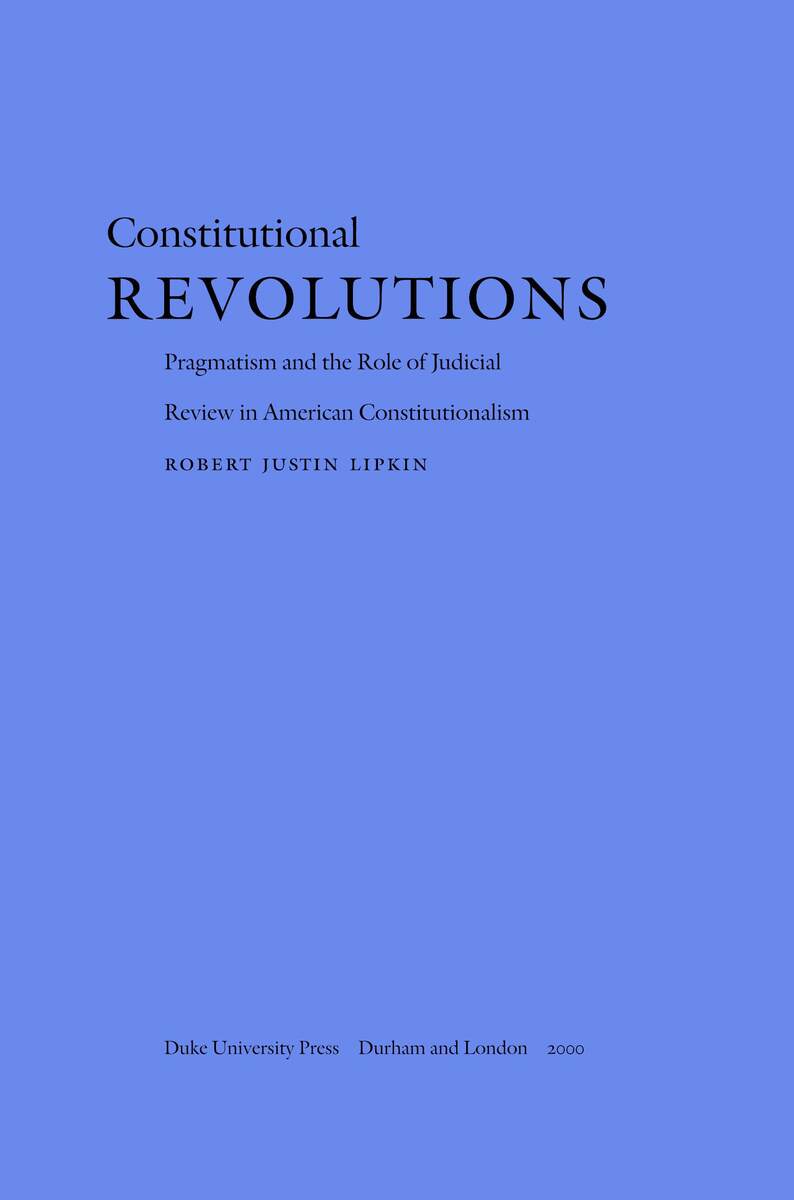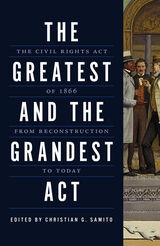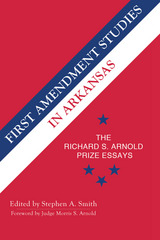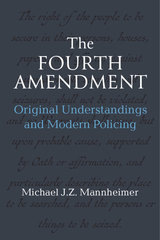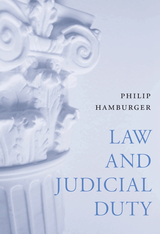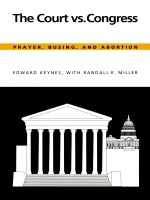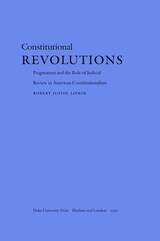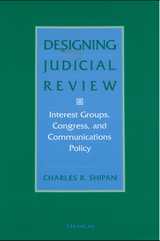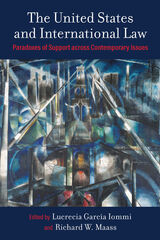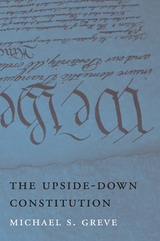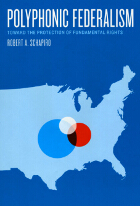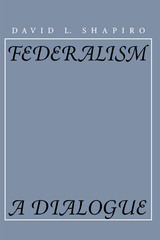Constitutional Revolutions: Pragmatism and the Role of Judicial Review in American Constitutionalism
Duke University Press, 2000
Cloth: 978-0-8223-2429-4 | eISBN: 978-0-8223-8051-1 (standard)
Library of Congress Classification KF4575.L47 2000
Dewey Decimal Classification 342.73
Cloth: 978-0-8223-2429-4 | eISBN: 978-0-8223-8051-1 (standard)
Library of Congress Classification KF4575.L47 2000
Dewey Decimal Classification 342.73
ABOUT THIS BOOK | AUTHOR BIOGRAPHY | REVIEWS | TOC | REQUEST ACCESSIBLE FILE
ABOUT THIS BOOK
In Constitutional Revolutions Robert Justin Lipkin radically rethinks modern constitutional jurisprudence, challenging the traditional view of constitutional change as solely an extension or transformation of prior law. He instead argues for the idea of “constitutional revolutions”—landmark decisions that are revolutionary because they are not generated from legal precedent and because they occur when the Constitution fails to provide effective procedures for accommodating a needed change. According to Lipkin, U.S. constitutional law is driven by these revolutionary judgments that translate political and cultural attitudes into formal judicial decisions.
Drawing on ethical theory, philosophy of science, and constitutional theory, Lipkin provides a progressive, postmodern, and pragmatic theory of constitutional law that justifies the critical role played by the judiciary in American democracy. Judicial review, he claims, operates as a mechanism to allow “second thought,” or principled reflection, on the values of the wider culture. Without this revolutionary function, American democracy would be left without an effective institutional means to formulate the community’s considered judgments about good government and individual rights. Although judicial review is not the only forum for protecting this dimension of constitutional democracy, Lipkin maintains that we would be wise not to abandon judicial review unless a viable alternative emerges.
Judges, lawyers, law professors, and constitutional scholars will find this book a valuable resource.
Drawing on ethical theory, philosophy of science, and constitutional theory, Lipkin provides a progressive, postmodern, and pragmatic theory of constitutional law that justifies the critical role played by the judiciary in American democracy. Judicial review, he claims, operates as a mechanism to allow “second thought,” or principled reflection, on the values of the wider culture. Without this revolutionary function, American democracy would be left without an effective institutional means to formulate the community’s considered judgments about good government and individual rights. Although judicial review is not the only forum for protecting this dimension of constitutional democracy, Lipkin maintains that we would be wise not to abandon judicial review unless a viable alternative emerges.
Judges, lawyers, law professors, and constitutional scholars will find this book a valuable resource.
See other books on: Constitutional law | Constitutions | Judicial review | Pragmatism | Role
See other titles from Duke University Press
